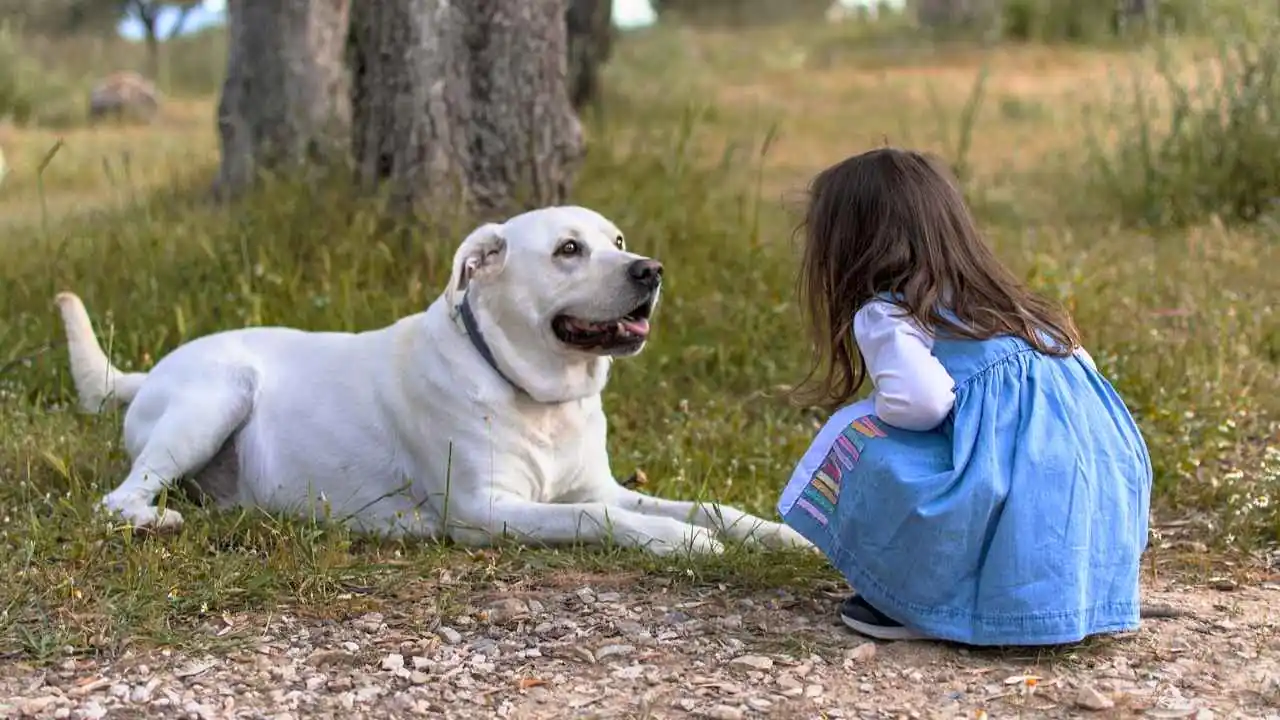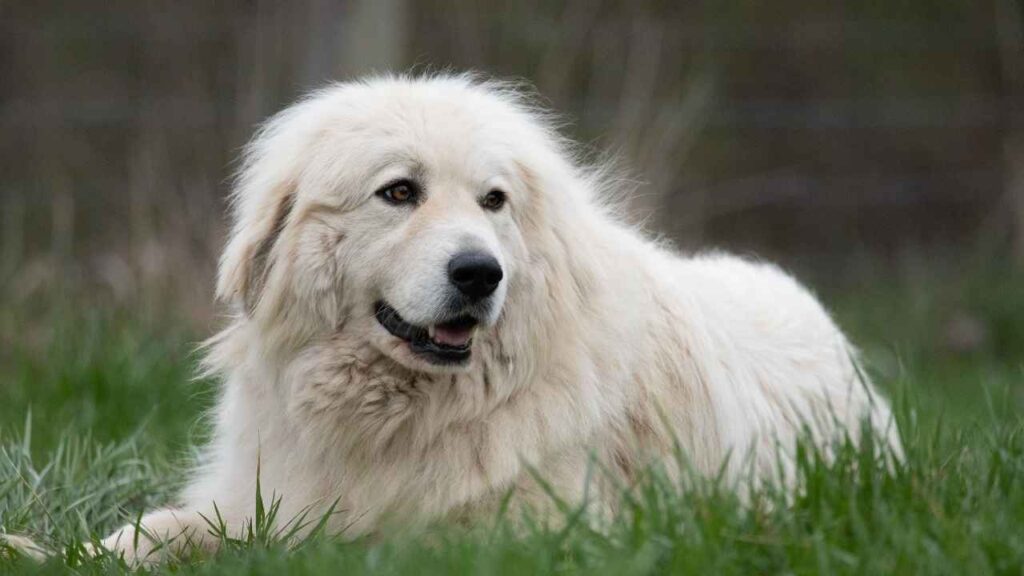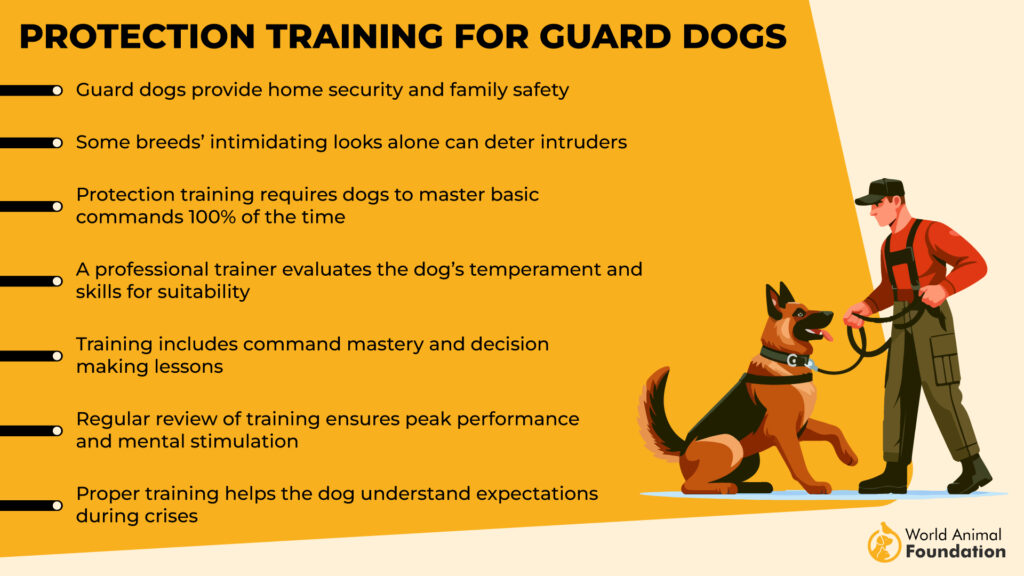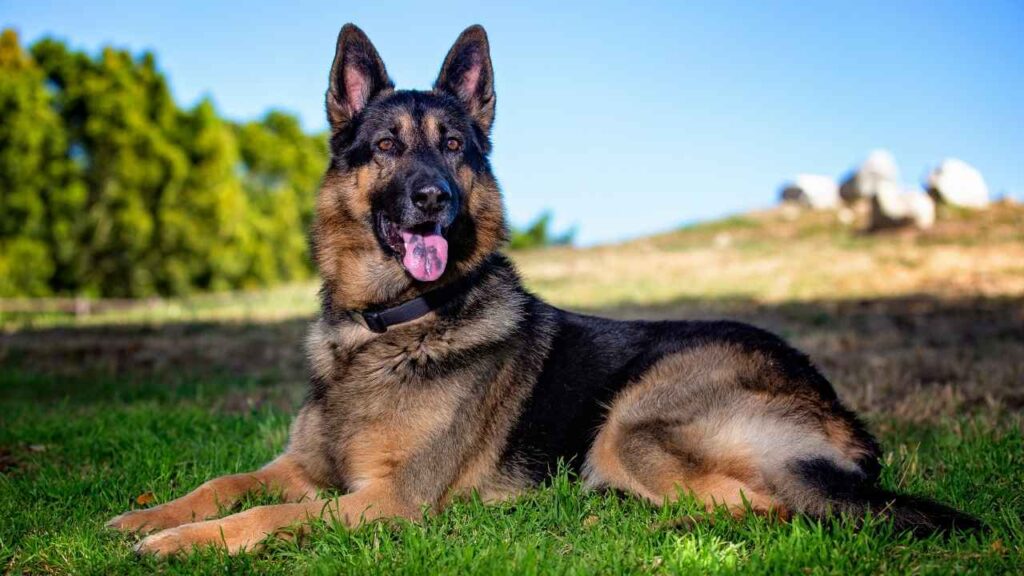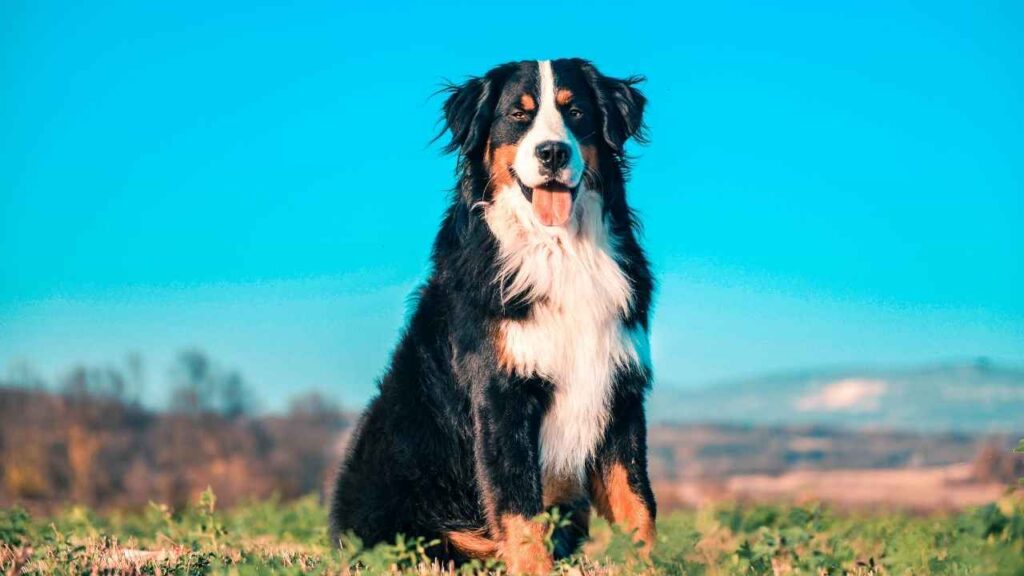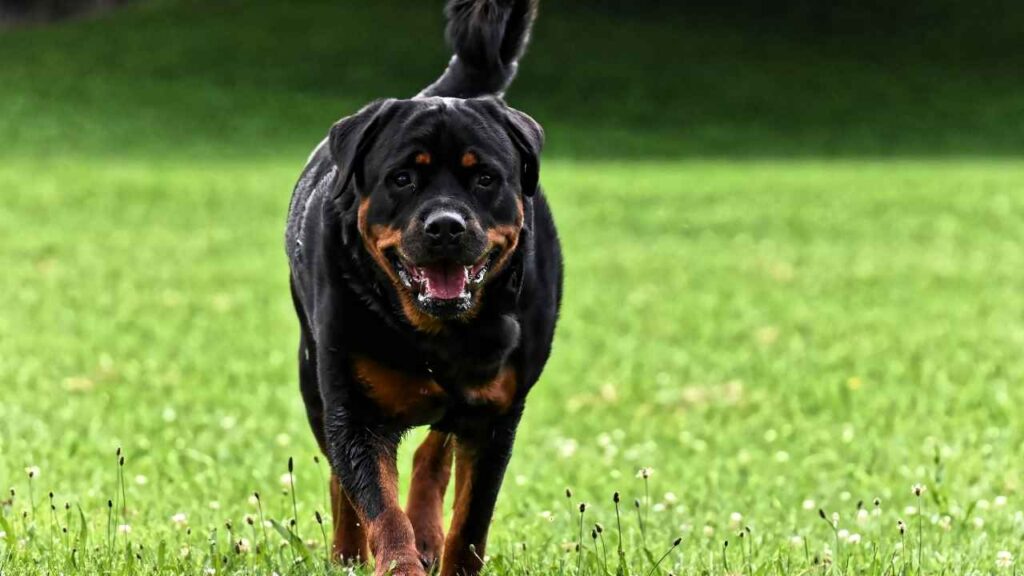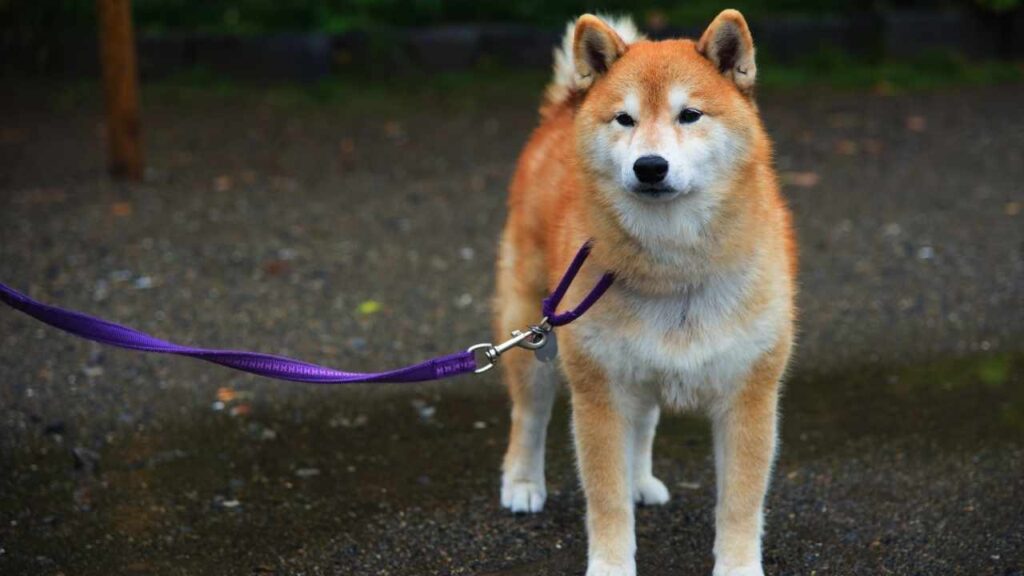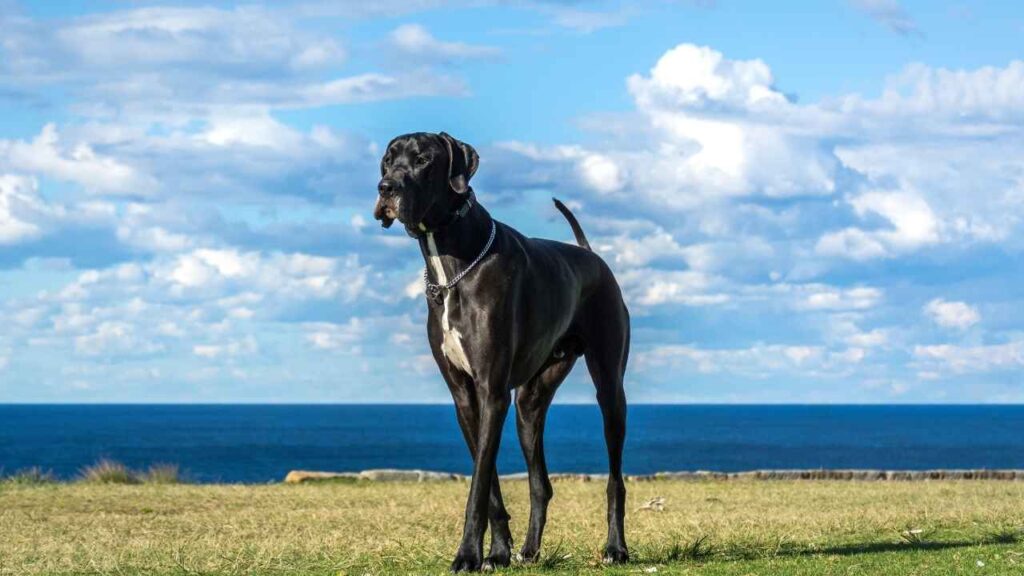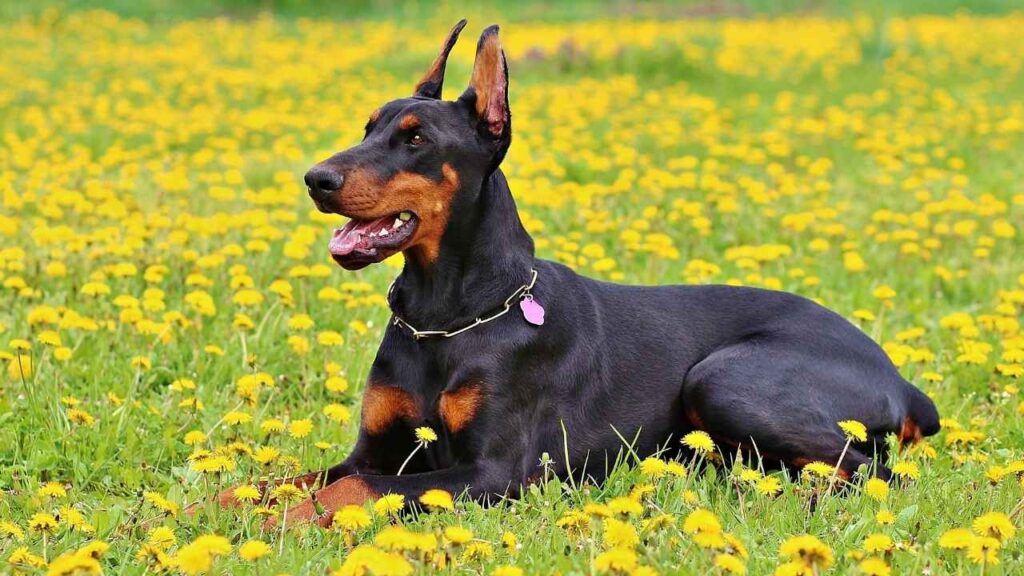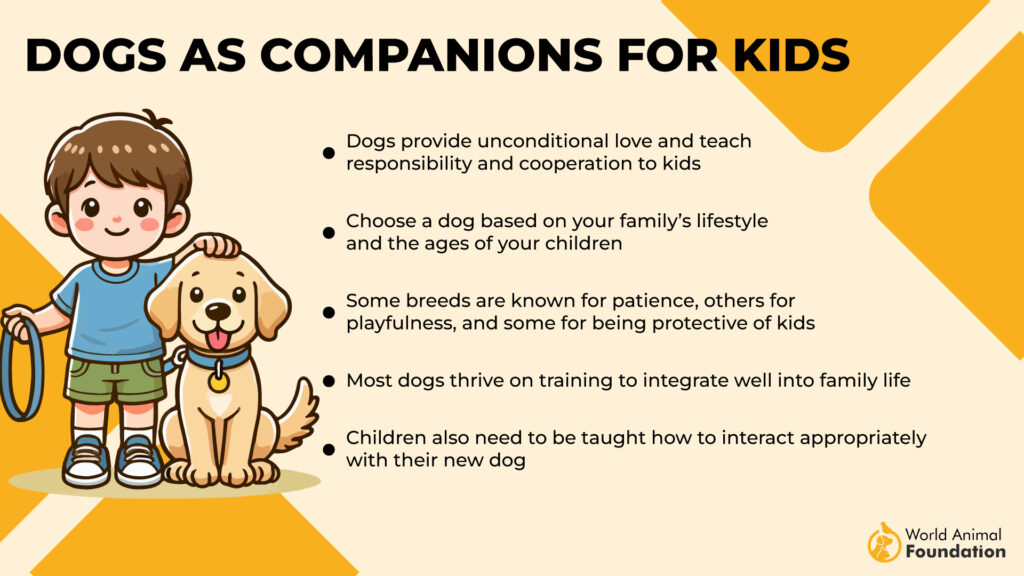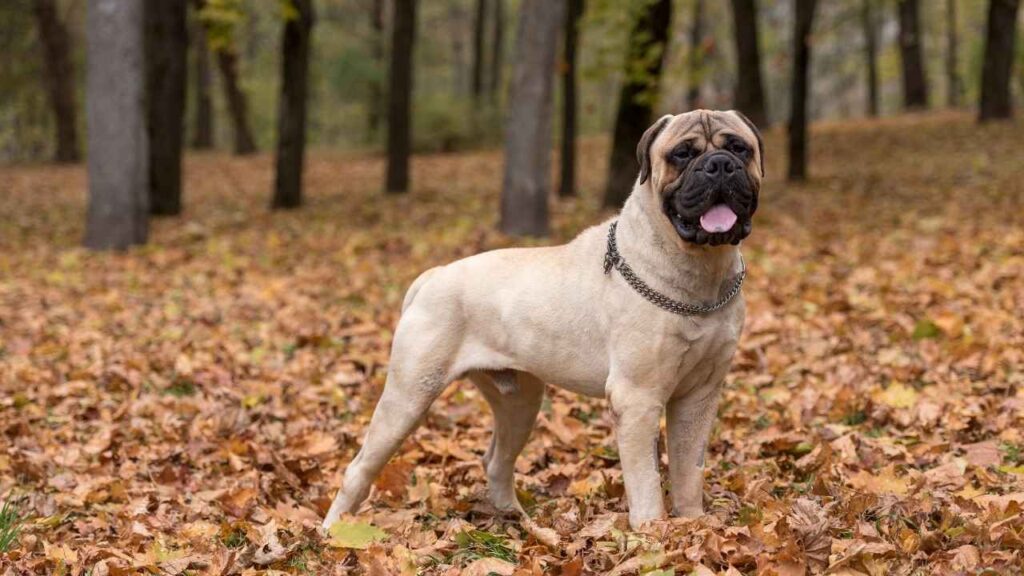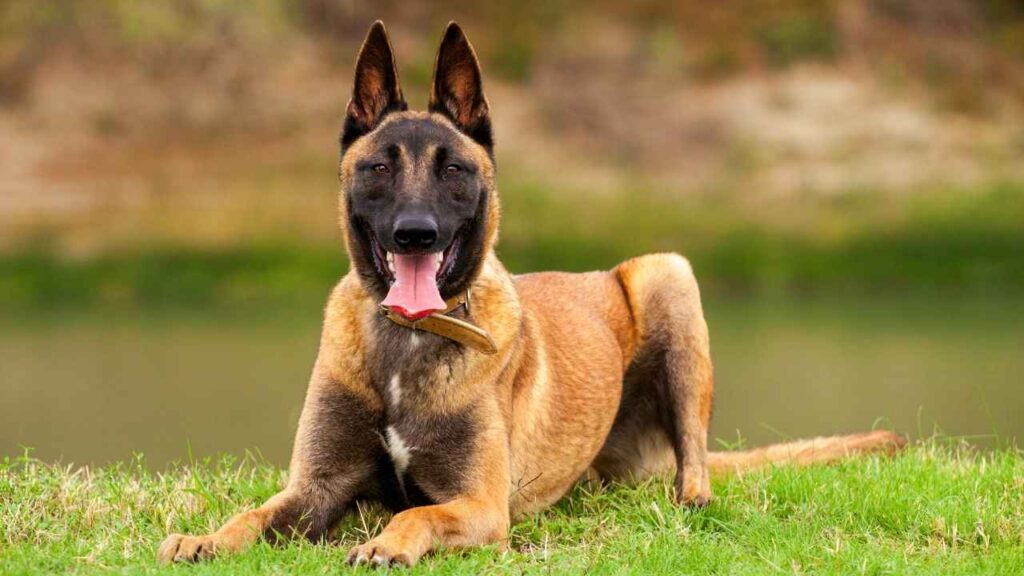When it comes to choosing a family pet, safety and companionship top the list of priorities, especially in homes with children. A guard dog can provide both protection and loyal friendship, creating a secure environment for your little ones. The ideal guard dog for kids is one that balances instinctive guarding abilities with affectionate and patient behavior. In this guide, we delve into the characteristics that make certain breeds exceptional guardians and introduce you to nine of the best guard dog breeds that can easily become the protective and gentle watchkeepers for your children.
Bringing a dog into your family is an amazing experience, especially when that dog is not only a loving companion but also a reliable protector for your kids. Many dogs naturally have a protective instinct, ready to step up and shield their loved ones from harm. But not all breeds are suited to guard duties in a family with children—it takes the right mix of loyalty, confidence, and a gentle temperament.
When choosing the best guard dog for kids, it’s important to strike a balance. You want a dog that can identify potential threats and respond appropriately, without being overly aggressive or reactive. Early training and socialization are key to helping a guard dog understand the difference between a genuine threat and everyday situations, like a visiting friend or the neighborhood trick-or-treater.
With that in mind, let’s take a closer look at some of the best guard dog breeds that are not just protectors but also gentle and dependable companions for your little ones.
9 Best Guard Dog Breeds for Families Who Are Naturally Protective
1. Great Pyrenees
| Personality | Smart, patient, calm |
| Energy Level | Needs Lots of Activity |
| Height | 27-32 inches (male), 25-29 inches (female) |
| Weight | 100 pounds & up (male), 85 pounds & up (female) |
| Life Expectancy | 10-12 years |
| Barking Level | Occasional |
The Great Pyrenees is a majestic giant breed originally bred to guard livestock in the Pyrenees Mountains between Spain and France. Known for their impressive size and strength, these dogs were fearless protectors against predators. Despite their imposing presence, Great Pyrenees are gentle and calm with the people they love, making them wonderful family pets.
At home, they’re low-energy and prefer a relaxed lifestyle, conserving their energy for when they sense a real threat. Their independence, a trait bred into them for guarding flocks alone, can make training a bit of a challenge, so patience and consistency are essential.
While they don’t have a strong prey drive, they are natural barkers and will alert their family to anything unusual—even the arrival of the mail carrier. To keep them safe, PetMD adds that it’s important to have a sturdy fence, as their roaming instincts can sometimes lead them to wander.
2. German Shepherd
| Personality | Courageous, confident, smart |
| Energy Level | Energetic |
| Height | 24-26 inches (male), 22-24 inches (female) |
| Weight | 65-90 pounds (male), 50-70 pounds (female) |
| Life Expectancy | 12-14 years |
| Barking Level | Occasional |
The German Shepherd is a highly intelligent and loyal breed originally developed in Germany from herding and farm dogs. Known for their versatility, they excel as watchdogs, police and military dogs, and even as guide dogs for the visually impaired. They are devoted family members, making them excellent companions for children and even the elderly.
German Shepherds are naturally vigilant and protective, traits that make them one of the best family guard dog breeds. However, their intelligence and protective instincts require proper training and guidance to ensure these tendencies are directed appropriately.
According to Britannica, they thrive on structure and respond well to training, but they can test their owner’s determination, so a firm and consistent hand is key. These dogs are generally calm and not overly excitable but will bark to alert their family of potential threats.
3. Bernese Mountain Dog
| Personality | Good-natured, calm, strong |
| Energy Level | Energetic |
| Height | 25-27.5 inches (male), 23-26 inches (female) |
| Weight | 80-115 pounds (male), 70-95 pounds (female) |
| Life Expectancy | 7-10 years |
| Barking Level | Occasional |
The Bernese Mountain Dog, originally bred in the Swiss Alps as a farm dog, is an affectionate and calm breed that thrives on human companionship. These gentle giants were once used for driving dairy herds and pulling carts, but today they’re known for their patient and easygoing nature, making them wonderful family dogs. They’re especially great with children and other pets if introduced early and are incredibly loyal, often following their loved ones everywhere.
Bernese Mountain Dogs are happiest when they’re included in family activities and dislike being left alone for long periods. While they’re generally friendly with strangers and other dogs if socialized properly, they can be protective when it comes to their family. They’re slow to mature, both physically and mentally, so don’t be surprised if your Bernese acts like a playful puppy for a couple of years.
These dogs aren’t overly demanding when it comes to exercise, enjoying moderate activity and plenty of downtime. Omlet notes that they love cuddling up with their humans—assuming there’s enough room on the couch! With their intelligence and charm, they can be quite persuasive when they want something, so early training is key to ensuring they grow into well-behaved companions.
4. Rottweiler
| Personality | Loyal, loving, confident guardian |
| Energy Level | Regular Exercise |
| Height | 24-27 inches (male), 22-25 inches (female) |
| Weight | 95-135 pounds (male), 80-100 pounds (female) |
| Life Expectancy | 9-10 years |
| Barking Level | Only To Alert |
Rottweilers are highly intelligent, confident, and naturally protective, traits that stem from their history as working dogs for farmers and butchers. Unfortunately, their strong guarding instincts have sometimes led to an unfair reputation as an aggressive breed. In reality, Rottweilers can be playful, gentle, and incredibly loyal, making them wonderful family pets for the right owners.
They thrive on exercise and mental stimulation, quickly learning new commands, which is why they excel as service and police dogs. However, their strong-willed nature means they’re best suited for experienced owners who can provide early and consistent training to help them become well-rounded and well-behaved pets.
According to PetPlan, Rottweilers form deep bonds with their families, often seeing their humans as part of their “pack.” This loyalty makes them prone to separation anxiety, so they do best in homes where someone is around most of the day.
5. Akita
| Personality | Dignified, courageous, profoundly loyal |
| Energy Level | Energetic |
| Height | 26-28 inches (male), 24-26 inches (female) |
| Weight | 100-130 pounds (male), 70-100 pounds (female) |
| Life Expectancy | 10-14 years |
| Barking Level | Only to Alert |
Originating in Japan, Akitas are renowned for their loyalty and protective nature, making them exceptional family pets for the right home. These large and powerful dogs were originally bred as fearless guard dogs but also have a history as hunting companions, giving them a naturally high prey drive.
Akitas thrive in active households where they can bond closely with their families and enjoy plenty of exercise. They love adventures and being part of daily activities, but their size and strength mean they’re best suited for experienced owners who can confidently manage their needs. Early socialization is key for Akitas, as they can be cautious around strangers.
While they adapt well to family life, PDSA notes that their intelligence and attachment to their people mean they need mental stimulation and companionship. Without it, boredom may lead to destructive behaviors.
6. Great Dane
| Personality | Friendly, patient, dependable |
| Energy Level | Energetic |
| Height | 30-32 inches (male), 28-30 inches (female) |
| Weight | 140-175 pounds (male), 110-140 pounds (female) |
| Life Expectancy | 7-10 years |
| Barking Level | Occasional |
Known as the “Gentle Giant,” the Great Dane is a loving and sweet-natured dog that’s great for families with kids. Originally bred in Germany to hunt wild boar, this massive breed has since evolved into a calm and affectionate companion. Despite their intimidating size, Great Danes are surprisingly gentle with children and form strong bonds with their families.
While they aren’t naturally aggressive, Great Danes will step up to protect their loved ones if they sense a threat. Their size and deep bark alone are enough to deter most intruders, and with proper training, they can make excellent guard dogs. Orvis adds that because of their sheer size, they should always be supervised around young kids to prevent accidental bumps or tumbles during play.
Great Danes balance bursts of energy with a laid-back attitude, making them perfect for families who want an active yet relaxed companion. They love a good play session, but they’re just as happy curling up for a nap afterward.
7. Doberman Pinscher
| Personality | Fearless, loyal, alert |
| Energy Level | Needs Lots of Activity |
| Height | 26-28 inches (male), 24-26 inches (female) |
| Weight | 75-100 pounds (male), 60-90 pounds (female) |
| Life Expectancy | 10-12 years |
| Barking Level | Occasional |
The Doberman Pinscher is a sleek and powerful breed, admired for its intelligence, elegance, and fearless nature. Often regarded as the royalty of the canine world, Dobermans are protective dogs, combining a noble appearance with exceptional vigilance. Despite their large size, they are known for being gentle and aware of the fragility of small children, making them excellent family companions for households with kids of all ages.
A well-trained and well-socialized Doberman is not only a loyal and loving companion but also a formidable protector, deterring even the boldest of intruders. Dobermans are incredibly intelligent and quick learners, thriving on structure and consistent training.
AKC mentions that without proper socialization and obedience training from a young age, their strength and energy can make them difficult to manage. This energetic breed requires plenty of exercise and mental stimulation—long daily walks, hikes, or free play in a large fenced yard are essential for their well-being.
8. Bullmastiff
| Personality | Affectionate, loyal, brave |
| Energy Level | Energetic |
| Height | 25-27 inches (male), 24-26 inches (female) |
| Weight | 110-130 pounds (male), 100-120 pounds (female) |
| Life Expectancy | 7-9 years |
| Barking Level | Only To Alert |
Originally bred in 19th-century Britain to guard estates from poachers, the Bullmastiff is a loyal and affectionate companion that thrives in family settings. Despite their large size, these gentle giants are typically calm and easygoing, making them a good fit for families with well-behaved children. However, their sheer size means supervision is essential around young kids to avoid accidental tumbles.
Bullmastiffs are known for their laid-back nature with loved ones but can quickly become suspicious of strangers, making them excellent watchdogs. While devoted to their families, they can be independent thinkers, which might make training a bit challenging. Patience and consistency are key to bringing out the best in this breed.
Hill’s Pet warns potential owners to be prepared for some quirks—they’re notorious for slobbering, drooling, and even snoring! But despite this, Bullmastiffs are a wonderful addition to families who can handle their unique personality and size.
9. Belgian Malinois
| Personality | Confident, smart, hardworking |
| Energy Level | Energetic |
| Height | 24-26 inches (male), 22-24 inches (female) |
| Weight | 60-80 pounds (male), 40-60 pounds (female) |
| Life Expectancy | 14-16 years |
| Barking Level | Occasional |
The Belgian Malinois is a highly intelligent and fearless herding breed from Belgium, renowned for its work in police and military roles. These dogs are protective by nature and highly trainable, making them one of the top choices for family guard dogs. Their loyalty and people-oriented personality mean they form strong bonds with their families.
However, Malinois puppies need early socialization and consistent training to grow into well-mannered companions. They thrive in active homes where they receive plenty of exercise and mental stimulation. This breed loves having a job to do and excels in environments where they’re challenged both mentally and physically.
Their herding instincts, like circling and nipping, can make them less suited for homes with very young children but ideal for families who can channel their energy into activities like agility or obedience training.
Conclusion
Choosing the best guard dog for your family means finding a breed that balances protectiveness with a gentle temperament, especially for children. While we’ve highlighted some of the best dogs for families, there are other remarkable breeds not included on this list. Certain breeds, like the Staffordshire Bull Terrier, often referred to as “nanny dogs,” are known for their affectionate and fiercely protective nature, making them great dogs for families with older children.
Other breeds, such as the Giant Schnauzer, with their intelligence and easy-to-train nature, are excellent at home security and can deter would-be intruders with their imposing presence.
Breeds like flock guardians, known for their long history of protecting livestock, or dogs with a natural desire for police and military work, showcase the diversity in protective breeds. Whatever dog you choose, ensuring they are properly socialized, trained with positive reinforcement, and taught basic commands will help them develop into loving and reliable companions. With the right breed and care, your family will have both a loyal friend and a dependable guardian.
In conclusion, selecting the right guard dog breed for families with children involves balancing protective instincts with a gentle and friendly temperament. The nine breeds highlighted offer a range of qualities that make them excellent companions and reliable protectors. These dogs not only possess the bravery and alertness necessary for safeguarding their human family members but also display patience and affection towards kids. Ultimately, the best choice will depend on the specific needs and lifestyle of each family. Ensuring proper training and socialization from an early age is crucial to fostering a safe and harmonious home environment.

